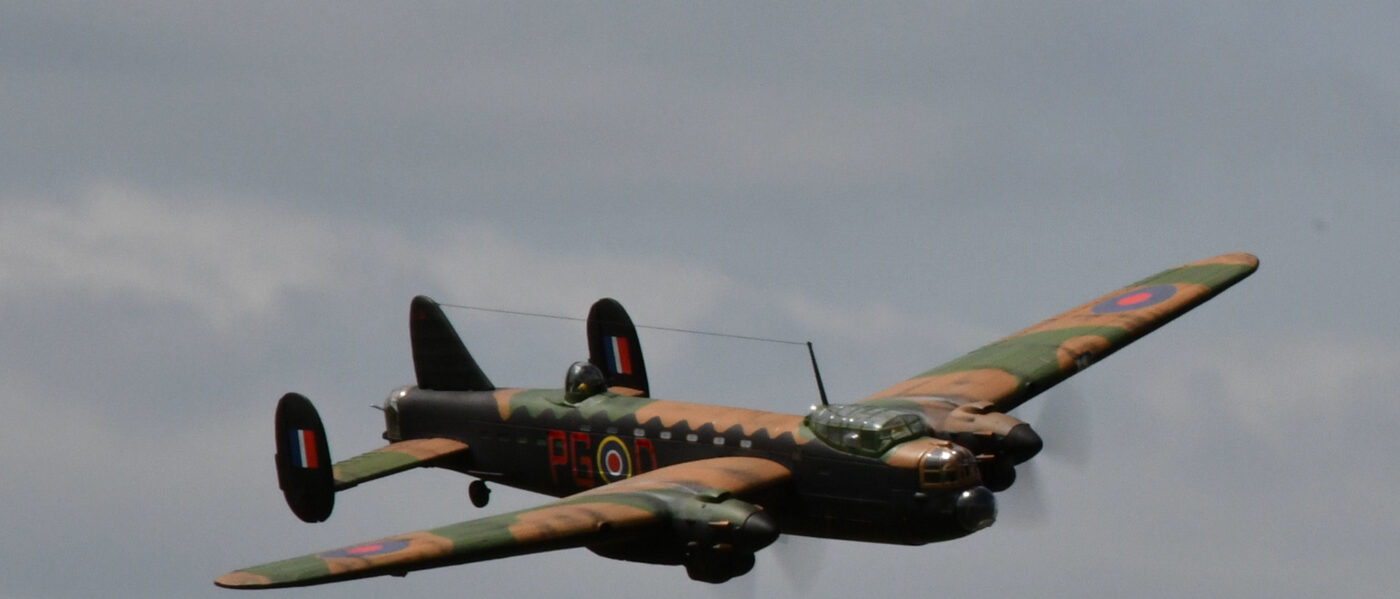A Quiet Walk in the Hills
Another extract from Just A Forgotten Hero. This comes from the same chapter as the earlier extract ‘A Brief Encounter in the Night’.
I am afraid I often think of the experiences of the people who appear in the book when I hear folk complaining these days. I agree it’s not fair that we were not there to comfort our loved ones when they died and missed their funerals. I agree that it’s not fair that we have been forced to spend time isolated and alone for weeks on end. But in the times I am writing about some brave souls choose to put themselves through much worse as a way of fighting for the freedom of others. Was it fair that they had to do that?
The fact that William Richard Griffiths managed to pass so uneventfully from his initial landing outside Plancenoit all the way back to Britain in no way means that that had been an easy task with little danger involved. Quite the opposite, our William had again been very lucky. Many others did not fare so well. That the Comète Line helped 287 allied servicemen and 76 other persons escape to Britain stands as a testament to all of the people involved. In addition 389 allied airmen were sheltered until the liberation, some individually or in small groups in safe houses, and others in the ‘Marathon’ camps set up in remote forests. Only two escapers died while under the protection of the line and unfortunately 237 were captured by the German forces. More than 150 Comète Line members paid the ultimate price for their service and countless others endured unimaginable horrors in the Nazi concentration camps until they were liberated. Though sadly some of those died soon afterwards as a direct result of their harsh treatment.
The crossing of the Spanish border was never without risk. Although the northern foothills of the Pyrenees are not very high, around 2,000 feet or so, they are not gentle rolling hills, but often very steep and rocky. Added to which the guides were obliged to use the narrowest sheep or goat tracks in the deeper boulder strewn valleys and across the sheerest slopes to minimise the risk of running into any border patrols. To complete the trip at night, and often in foul weather, was no easy feat.
The key to a successful crossing lay mostly in the knowledge, daring and determination of the Basque guides. These were all seasoned ‘mountain men’ and almost all of them made a large portion of their usual income from smuggling. A dangerous game even in peacetime. Florentino Goikoetxea, who we have just met, came to be regarded as the best of the lot and was awarded the George Medal by the British and the Legion d’Honneur by the French after the war. (Incidentally, when being presented with his George Medal by King George VI, in answer to his question “And what do you do?” this largely uneducated man who only ever spoke Basque managed to reply “I am in import export.”) As well as the terrain and weather the mountains held other perils. The French side was patrolled by both civil Gendarmes and the German Military, and on the Spanish side the Carabiñeros were very active. Meeting any of these could be very bad news.
In February 1942 (MI9 has the date of the 6th, but the Comète Line records show it as the 9th). Elvire Morelle had accompanied Florentino Goikoetxea and Dédée in order to learn the route, and they had safely delivered their ‘parcels’. Some accounts of this incident report that the Basque guide was Manuel Iturrioz, including some of the Comète Line records, and in the Comète Line chronology Florentino only took over guide duties when Manuel was arrested on 19th of April 1942 (he escaped shortly afterwards, but then had to go into hiding). On the return trip over the mountains in the pitch dark and in a blustery snow shower Elvirie missed her footing, slipped and badly broke her leg. The two girls had to wait in silence without shelter in the icy wind, rain and sleet while the Basque guide borrowed a mule from one of the nearby farms. Whether he asked first, or considered it too rude to awaken the owner in the small hours just before dawn is not clear. He rejoined the pair shortly after dawn, Dédée and the guide managed to get Elvire onto the mule, unfortunately causing her even more pain, and he led them back down the mountains to an isolated, empty hut. There the party waited for nightfall. Only then could they resume their uncomfortable journey back to Rentería on the Spanish side of the border. The guide and Elvire were driven by Bernardo Aracama to an unnamed Basque doctor, who did a very fine job on the broken leg. It is a tribute to the good doctor’s skill and discretion that Elvire was able to make a full recovery in peace. In the cryptic code of MI9 documents ‘the woman who broke her leg’ would always serve as her unique identifier.

Comments